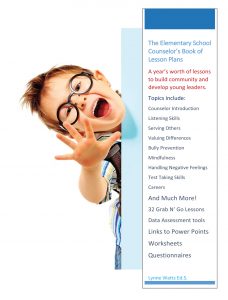Creating a growth mindset in kids
Kids and Growth Mindset
One thing that parents and educators can agree on is that we all want the best for children. We want them to learn skills that will serve them well in the future. Developing a growth mindset is a key component. When we focus on motivation and cajole, threaten or even bribe kids to learn and behave we may think that we helping them but in reality we are setting a precedent that will be hard to change as adults. We have to take a hard look at not only what best serves kids but also what we model for ourselves.
In an effort to create optimum learning for children, many times we have created a false growth mindset. There are two main culprits:
- Praising effort alone without regard to the result–this means saying “you really worked hard on that” without giving suggestions for improvement. The end result is a child who does not know what they are striving for as a finished product. They don’t know how to set goals and the process necessary to reach them.
- Teaching ‘you can do anything” without teaching the effort involved: Perhaps in the distant past, we were too discouraging of a child’s efforts but today with our focus on positive feedback, we have created a generation that not only believes they can do and be anything, they expect it to happen with little effort.
Sometimes we apply techniques to children without spending time evaluating what is most effective for ourselves.
What do you do when you are learning something new? What is most effective?
How do you handle problems and challenging situations? How do you keep going despite failure?
Once you spend some time observing your own strategies for learning you will be better equipped to help your students learn effectively.
How do you create a growth mindset?
Here are some suggestions:
- Help children understand how to set a realistic goal by checking out where they are now and where they want to be in a designated period of time.
- Teach children to evaluate progress, not by how close they are to the goal but instead by how far they have come from the starting point.
- Provide positive and encouraging feedback that takes into account not only progress made but the effort involved. Point out ways they can improve and overcome challenges.
- Finally, teach children how to encourage themselves with positive self-talk.
Need help with lesson plans that teach leadership and community for the upcoming school year?
Wyatt has you covered:
The Elementary School Counselor Book of Lesson Plans
Buy Now
Thirty-two lesson plans with activities, discussion starters, assessments and questionnaires to keep students engaged all year while developing critical thinking skills and growth mindset.


[…] Create a Growth Mindset […]
[…] Creating a Growth Mindset in Kids […]
[…] Creating a growth mindset in kids […]
[…] Creating a growth mindset in kids […]